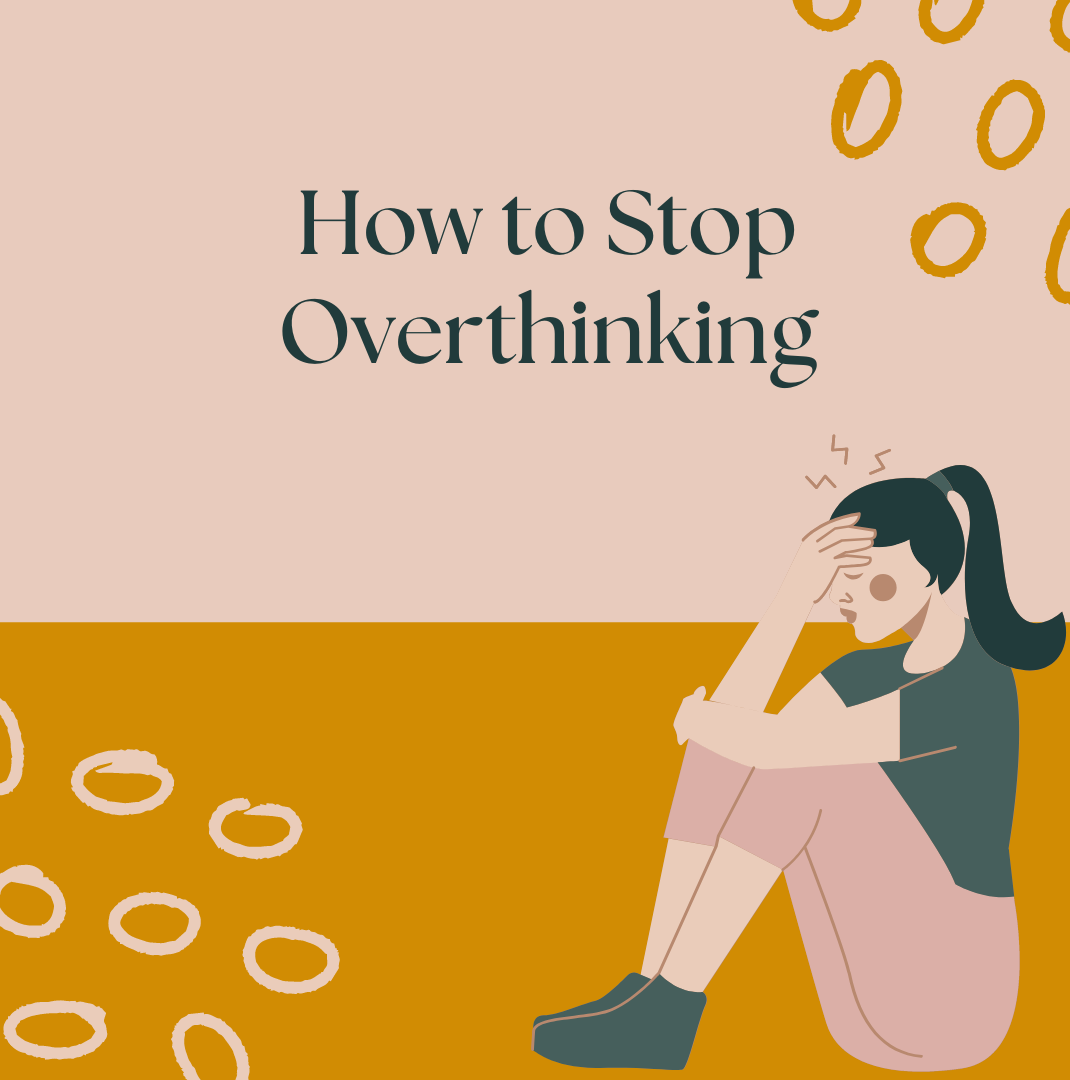Have a topic in mind that I haven't written about yet or a question you want answered?
DISCLAIMER
I provide this blog, including any references, links, or other resources, for informational purposes only. This is not medical or professional advice. Anything said should NOT be taken as a replacement for medical, clinical, or professional advice, diagnosis, or clinical intervention. If you take any action or inaction as a result of any of the content you consume on this blog, this is based solely on your decision, and I cannot be held liable for any of the consequences of such action or inaction.
Accessing or otherwise using this blog does not create a therapist-patient relationship between you and I, or any individuals appearing on this blog. Nothing on this blog is intended to establish a therapist-patient relationship, to replace the services of a trained therapist, doctor or health professional, or otherwise substitute for professional mental health, medical advice, diagnosis or treatment.

















